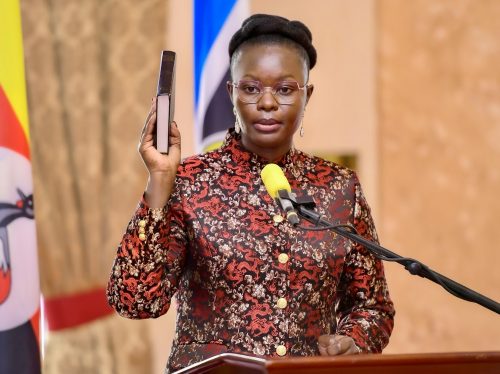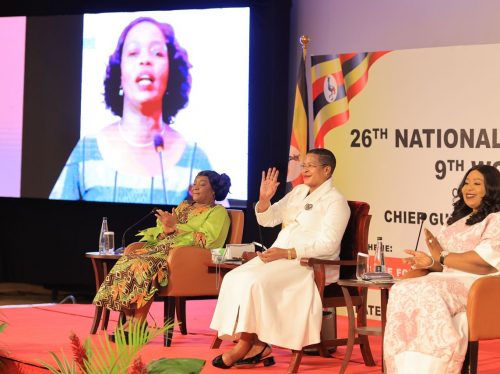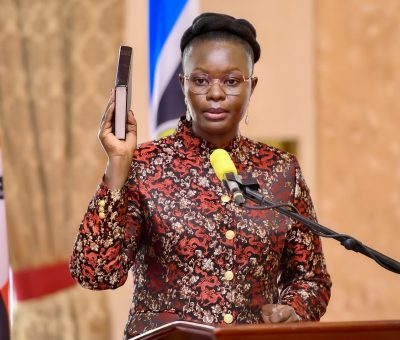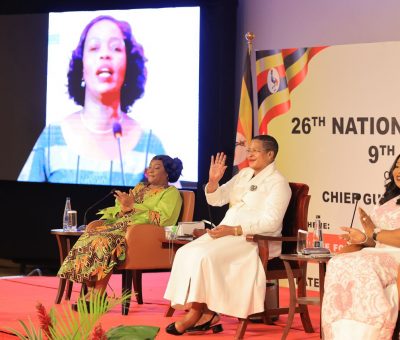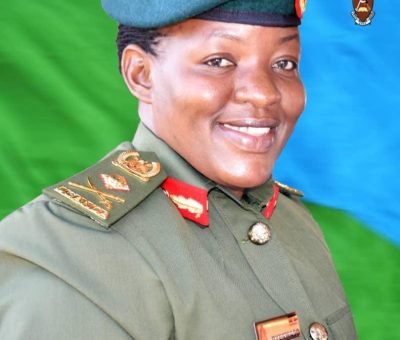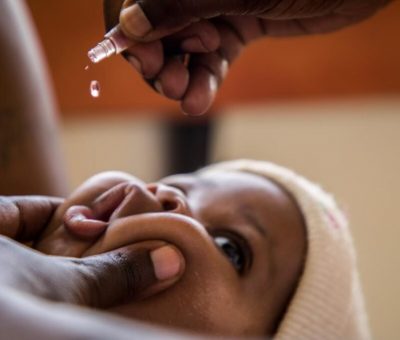The power of gender parity
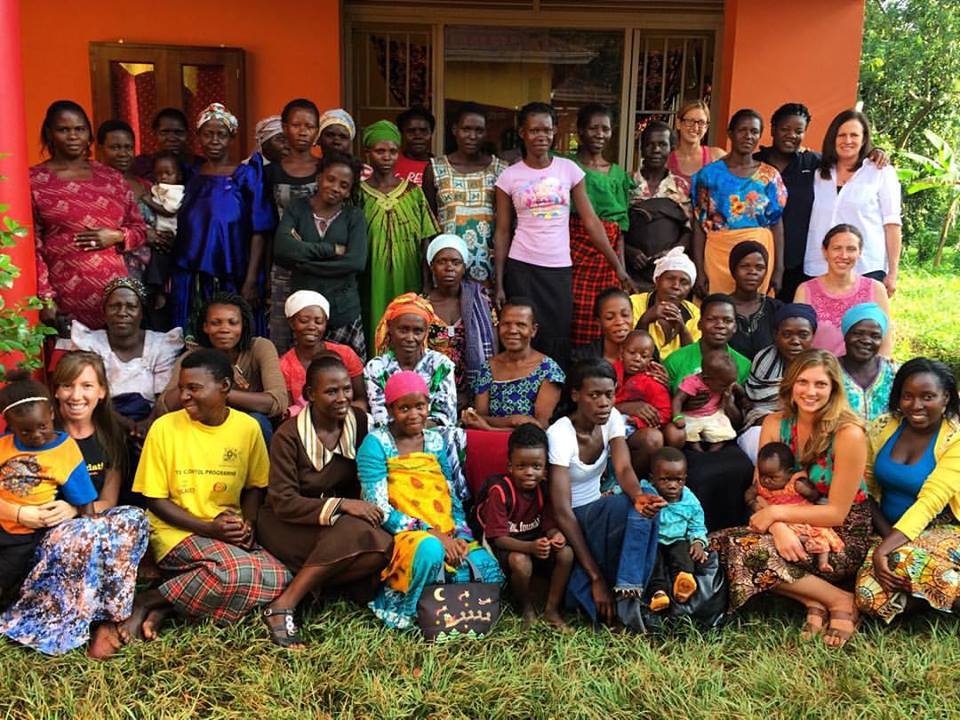
Tuesday, 8 March ushered in the International Women’s Day celebrations all over the world. This day is set apart to recognise and commemorate the cultural, political, and socioeconomic achievements of women globally.
This year’s women’s day theme was “Gender equality today for a sustainable tomorrow” which boldly elaborates that there has to be equal participation in society, since challenges faced by one gender, affect the other.
While addressing the public during the women’s day celebration at Kololo, Rtd Jessica Alupo, the Vice President of Uganda, stressed the need for inclusion of both genders if development and transformation is to be fully realized.
“There can be no meaningful participation if the table hosts one gender,” she said.
The main goal for this year’s theme is to empower women across different sectors to #BreaktheBias, and look towards achieving a world where they are valued and respected as important and key role players in sustainable development and other crucial issues.
However, much as the efforts to achieve a gender bias free Uganda have been numerous, change is still far from reach. The contradictory cultural beliefs that women are supposed to be in the kitchen and submissive to their husbands makes it easier to justify gender biases and keep girls out of school.
Gender parity concerns relative equality in terms of representation of men and women. Among the most common gender biases is the underpaying of women at workplaces and failing to enforce sexual harassment policies.
Recently, there was a stirred conversation on social media platforms especially Twitter about how employers have failed to acknowledge maternity leave for women, and expect them to return three months after birth. As a result, mothers end up leaving their babies at an early age which affects their work productivity since they are worried about the safety of their infants.
Patience Poni Ayikoru, a youth representative at FOWODE and founder of Femme Talk an organization championing women’s well-being, says the core of this problem lies in the fact that it remains rooted in our societal beliefs about men, women and leadership and women’s capabilities still being questioned even when it is very open that we all deserve to be treated humanely.
“As a young female leader, I have faced biases and I have experienced institutional mindset barriers. They most times have limited my potential in advancement and never given an opportunity because of bias on my age, and being a female leader,” she says.
“The socially constructed obstacles have also obstructed my capabilities. I am still fighting off some of these challenges but I have managed to remain steadfast; that even when I am pushed off the run, I never lose hope and instead utilize the platforms where I am given an opportunity,” she added.
Ayikoru further advised, that there’s need for each Ugandan to become a whistle-blower and report such biases, speak openly about them and call them to order. Biases are the most archaic thing that should be if not already dismissed, unheard of in our society. Biases diminish the spaces and platforms available for women to be included in humane causes.
A report by Economic Forum shows that, the global pay gap between the sexes stood at 50% last year despite efforts to improve gender equality in the workplace. Women still earn considerably less than their male colleagues and very often remain under-represented at senior level.
It is important to note that improving workplace equality also has its benefits for employers. A 1% gender bias effect at a Fortune 500 company that hires 8,000 people a year can lead to productivity losses of about $2.8 million a year, found a recent study from Oregon State University. Plan international recommends educating employees about gender bias, evaluating and standardising pay, reviewing recruiting processes, standing up for gender bias, encouraging victims to speak about it and for the media to create awareness and advertising towards ending the vice so that equality i




